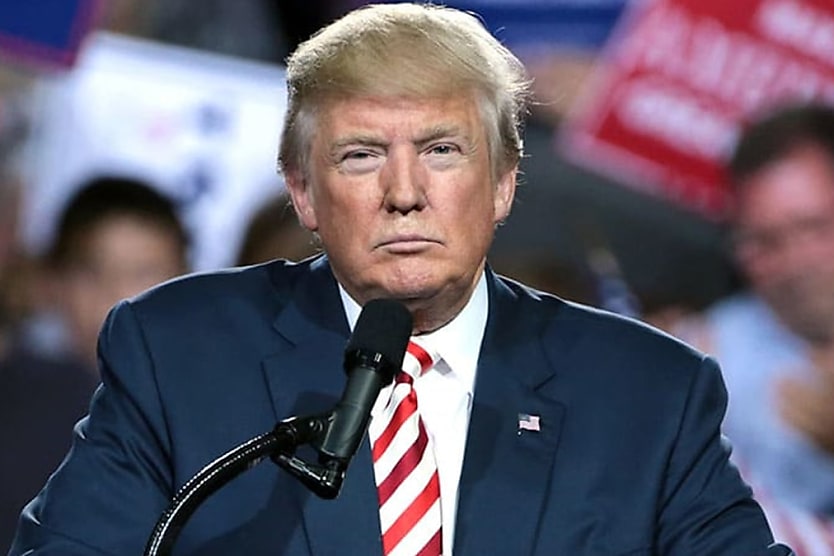
With Donald Trump returning to the White House for a second term, business leaders across the globe are considering the effect that the polarising yet unpredictable commander and chief could have on their respective industries.
After an extraordinary election cycle that captured the eyes of many across the globe, Republican candidate and former president Donald Trump won what will be his second term in the White House in a victory against current Vice President Kamala Harris.
Trump’s victory, unsurprisingly, has manifested in widespread discourse involving a variety of important facets that uphold contemporary society. Geopolitical tensions, reproductive rights, immigration, and the US economy have been the main talking points that have been heavily discussed post-election night.
However, with the US being the powerhouse it is, Trump’s influence extends beyond the realm of a typical national leader and, thus, towards areas that many would deem far-fetched. When in reality, it’s not misapprehension to consider the eventual effect that Trump’s command will have on Australian business, business leaders, and the workplace.
HR Leader spoke to Professor Kai Riemer and Associate Professor Sandra Peter from the University of Sydney Business School about what Trump’s command could mean for Aussie business leaders and organisations over the next four years.
“Donald Trump’s return to the presidency poses a unique challenge for businesses navigating an era defined by a profound erosion of institutional trust and increasing geopolitical instability,” Riemer and Peter said.
“This ‘trust shift’ (as identified in our 2025 Skills Horizon report) places business leaders at the centre of a new dynamic: they must operate not just as economic actors but as social stabilisers, which poses both challenges and brings new opportunities.
“With trust in governments and traditional institutions declining, the private sector’s legitimacy and social licence to operate will be increasingly scrutinised. Leaders must prioritise earning and sustaining trust at scale – this requires not just strong ethics but transparent and inclusive practices to meet the expectations of diverse stakeholders.”
Riemer and Peter spoke to the restructuring of global power that Trump hopes to exert, alerting business leaders to the fact that they must enhance their awareness of geopolitical relations if they want any hope of garnering successful business through overseas endeavours.
“On a geopolitical level, Trump’s protectionist trade policies and realignment of global power structures demands of leaders to develop robust geostrategic understanding. The global balance of power is evolving faster than institutional frameworks can adapt, meaning that leaders must interpret short-term events – such as new trade agreements or diplomatic rifts – within a broader context of long-term strategic implications,” Riemer and Peter said.
“For leaders, the skills needed to thrive include the ability to anticipate geopolitical shifts, assess their business impacts, and integrate these considerations into strategy. The stakes for businesses in global supply chains or with international markets are especially high, as volatility can swiftly translate into operational risks or opportunities.”
Business leaders who can mould their flexibility and versatility into an asset will survive and perhaps even flourish in the Trump era, but it will take a concerted effort, especially navigating the social complexities that arise under his controversial authority.
“Ultimately, success under a Trump presidency will require business leaders to act as both architects of trust and navigators of complexity,” Riemer and Peter said.
“Building trust, ensuring ethical alignment, and understanding the new geostrategic terrain are no longer optional; they are the critical skills for leadership in this era. But if done right, trustworthy businesses and their leaders can step into positions of genuine societal and industry leadership.”
Kace O'Neill
Kace O'Neill is a Graduate Journalist for HR Leader. Kace studied Media Communications and Maori studies at the University of Otago, he has a passion for sports and storytelling.










